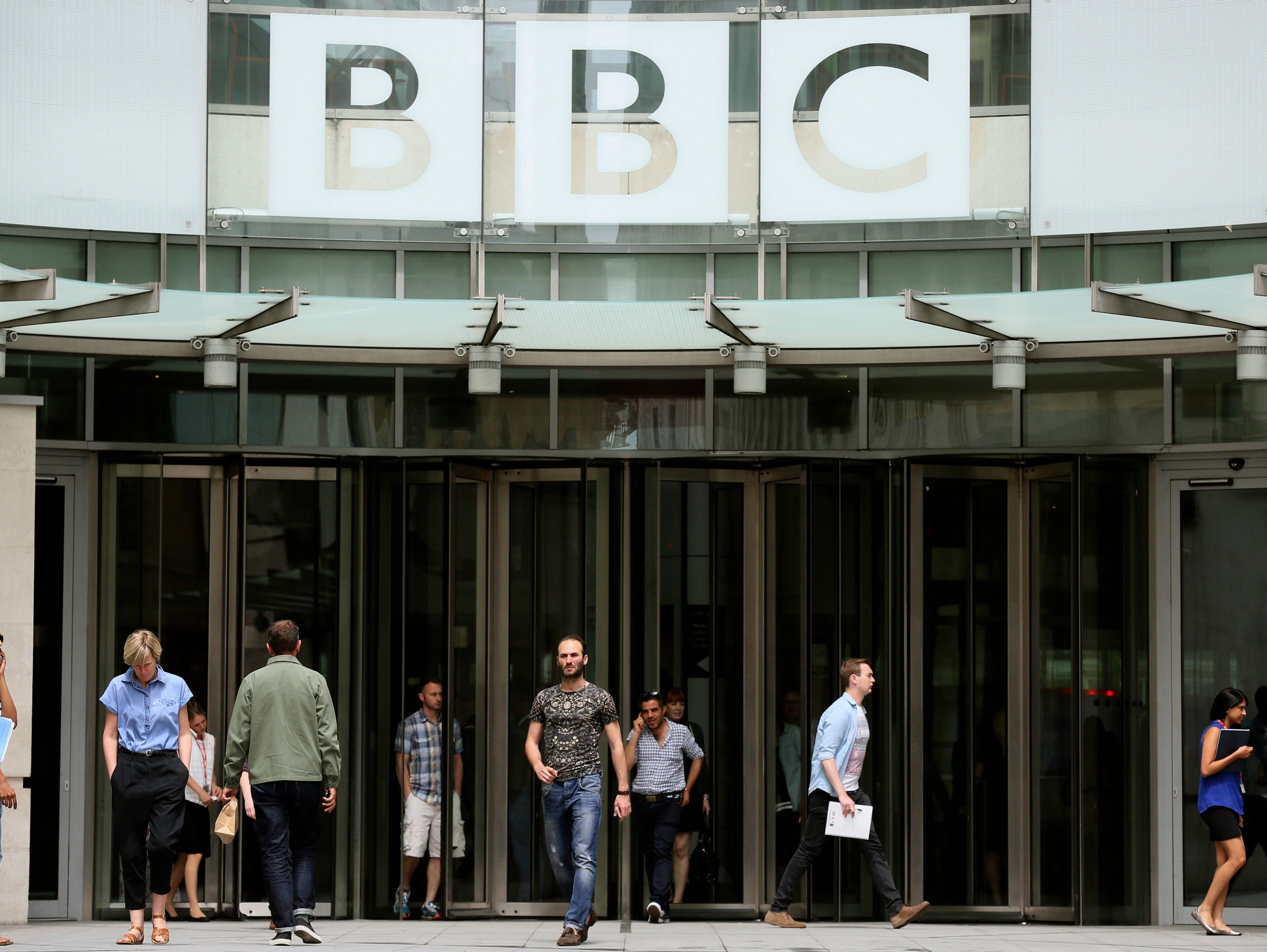
Former BBC journalist David Keighley, principal of media monitoring project News-watch, responds to an earlier Press Gazette guest blog on BBC News bias by Tom Mills.
A Press Gazette guest blog by Tom Mills attacked claims by 70 pro-Brexit MPs that the BBC’s coverage of EU issues in the referendum was biased towards the EU.
Research by News-watch confirms their claims, and has also demonstrated long-term bias in reports about EU affairs.
In the 17 years leading up to the referendum (1999-2016), News-watch, using academic methodology, monitored over six thousand hours of BBC news and current affairs programming – the largest systematic monitoring of the BBC ever undertaken.
The findings, contained in dozens of surveys, have indicated long term bias. Pro-EU speakers often outnumber Eurosceptics by ratios of 2:1. Those making overt arguments for Brexit have appeared only in very small numbers.
Dr Mills says there is ‘good evidence’ to the contrary in the 2013 BBC Trust report by Stuart Prebble (which analysed EU coverage). This is not true, as News-watch established in a paper for the think-tank Civitas.
One major error (among many) was that Prebble’s sample of EU content was very limited (40 times smaller than News-watch’s own dataset), and its flawed classifications meant that significant numbers of pro-EU interviews were excluded from the final tally.
Perhaps the most glaring misconception by Dr Mills is the idea that ‘Eurosceptics’ and Brexit supporters are somehow interchangeable. In fact, we now know that the majority of ‘Eurosceptics’ who appeared in the decade before the referendum (including figures such as David Cameron and William Hague) had always been fundamentally pro-Remain.
So what of the ‘true’ Brexiteers? News-watch data (2002-15) shows that of approximately 5,000 EU-related guests on Radio 4’s Today programme catalogued during our surveys, only 3.4 per cent were pro-Brexit. Only a tiny proportion were given the space to make their case. Further, only 5 speakers (0.1 per cent) were Brexit-supporters from the political left.
The Prebble Report was, in fact, deeply biased in favour of the BBC. In the content sample, UKIP appearances fell from 8 to 4 between 2007 and 2012, despite the party’s increased vote.
Conversely, appearances by EU Commissioners increased from 18 to 33. Prebble glossed over these significant discrepancies and concluded (without evidence) that the views of those favouring withdrawal were ‘amply represented elsewhere’.
Dr Mills, relying on research conducted by Loughborough University, claims that during the EU Referendum, the BBC achieved a good balance between the ‘yes’ and ‘no’ camps. But the figures he presents do not say that. The Loughborough researchers, from a narrow sample collected from news bulletins on several channels, not just the BBC, concluded there was a 6 per cent imbalance towards Remain supporters.
Our own referendum research, by contrast, found serious problems. In Radio 1’s Newsbeat, for example, there were 1.5 times more voices supporting Remain than Leave, and Remain-supporting politicians were allotted twice as much airtime as those wanting Leave.
News-watch has been unjustifiably criticised regularly on the lines adopted by Dr Mills. A BBC spokesman claimed – without a shred of evidence – that our latest report into Radio 4’s Today business coverage for six months after the referendum was ‘a flawed analysis’ from ‘a group with a slanted perspective’.
Dr Mills, seemingly singing from the same hymn-sheet, dismissed us as ‘a conservative outfit’, though how he decided that was not made explicit.
This is without foundation. News-watch has always been funded on a cross-party and charitable basis and works entirely independently.
In any case, does outside funding for research automatically negate it? If so, then the same must be true for the work of university departments tasked with analysing content for the BBC’s ‘impartiality reviews’ (such as Prebble) – they have not conducted their surveys for free.
In 18 years of News-watch research, no one has provided evidence-based reasons why our methodology or conclusions are wrong.
In the final part of Dr Mills’s article, he posits that News-watch’s definition of impartiality rests on one of two perspectives: the first, that ‘the balance of reporting should reflect the weight of opinion in Westminster.’
He suggests that the problem with this is ‘the balance of elite opinion often does not reflect public opinion, the most obvious example here being attitudes to ‘austerity’.’
News-watch has always found the opposite: that the BBC consistently over-relies on Westminster opinion in its coverage of EU news and current affairs, and this has strongly benefited the Remain perspective.
In choosing ‘attitudes to austerity’ as ‘the most obvious example’, Dr Mills overlooks a more relevant point. Before the referendum, an overwhelming majority of at least 450 MPs were Remain supporters. They were at odds with the 52 per cent of the public who voted Leave. Yet News-watch analysis showed that before the referendum, the BBC gave only 4 pre cent of their EU-related airtime to Leave supporters.
His second claim is that News-watch’s definition of impartiality rests on ‘crudely balancing’ two sides of a political argument, and this can often lead to misinformation and misrepresentation.
The reality is, as Dr Mills surely would recognise, is that it is impossible to carry out broadcast research without some use of statistics and metrics. News-watch has never advocated any sort of quota, or suggested that individual reports and discussions ought to be exactly balanced by stopwatch.
We’ve used these vital statistics as a starting point, to assess the shape and tone of coverage, and to investigate how small, seemingly minor editorial decisions have amassed over thousands of reports into significant and measurable imbalances.
Our research has indicated serious long-running and significant issues, but the BBC’s refusal to engage with our findings and to deny there are any problems with the impartiality of their news output means that these problems will persist.
Picture: Reuters/Paul Hackett
Email pged@pressgazette.co.uk to point out mistakes, provide story tips or send in a letter for publication on our "Letters Page" blog
